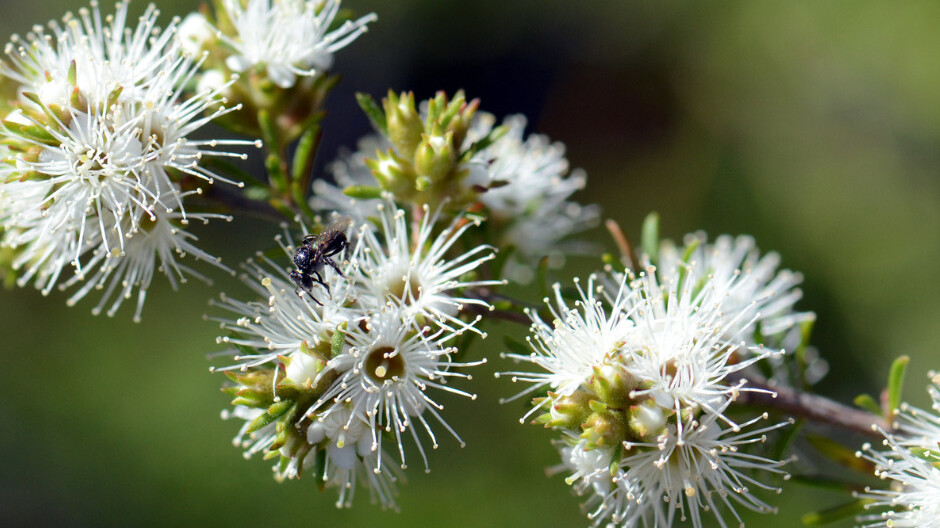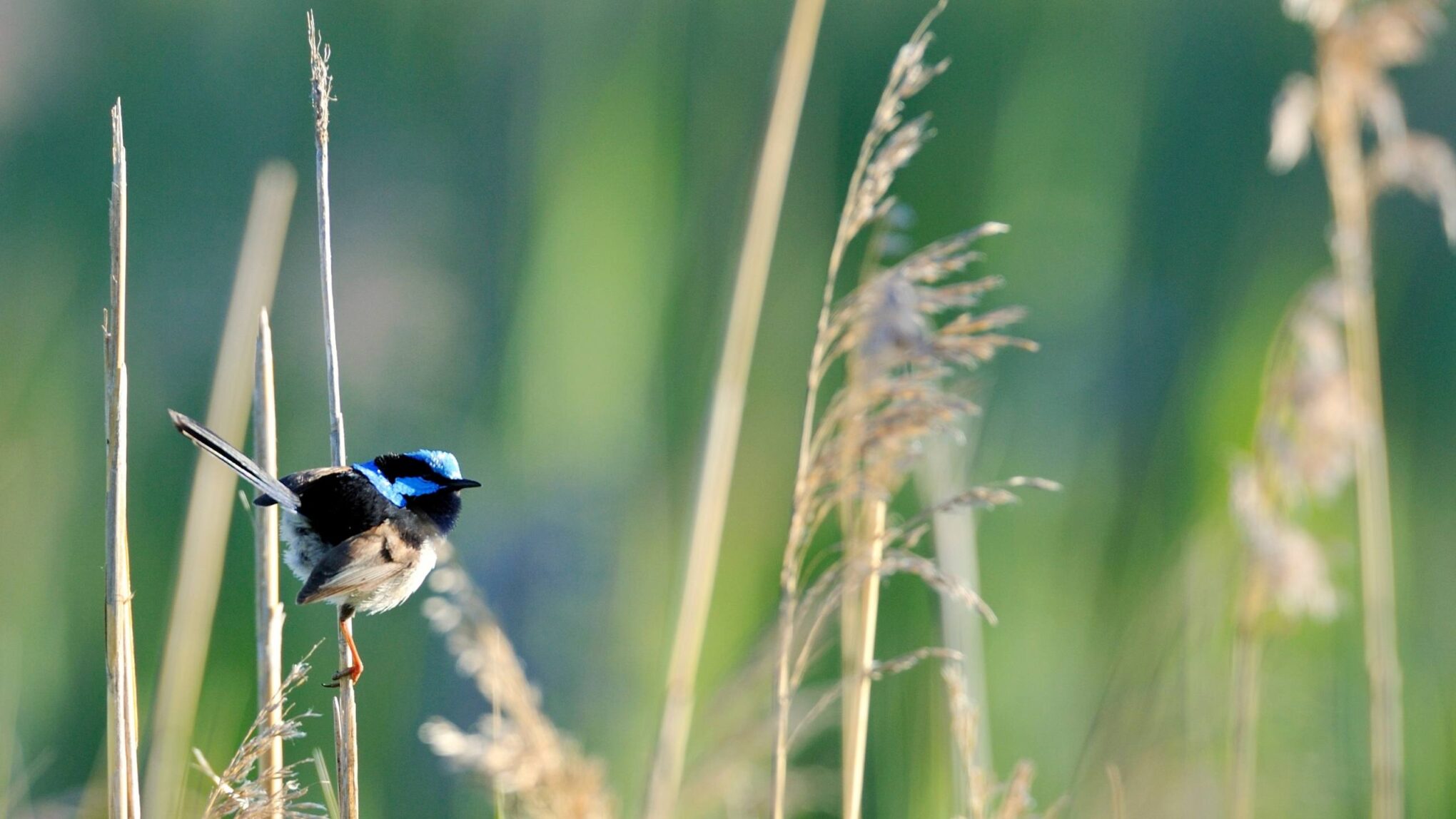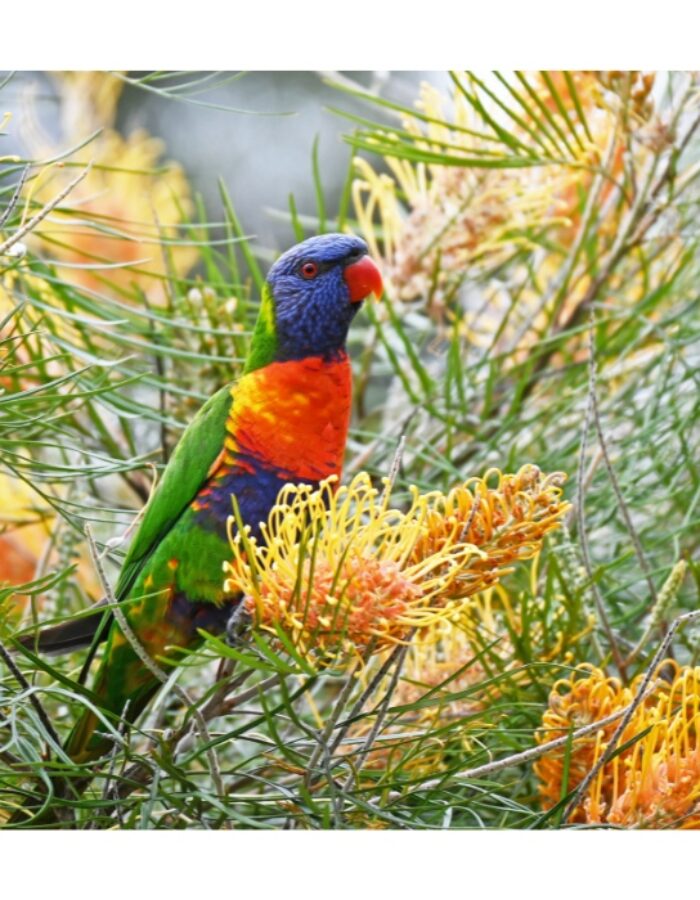In recent years, the realm of science has experienced a remarkable transformation, one that invites people from all walks of life to participate actively in the pursuit of knowledge. This movement, known as citizen science, empowers individuals to contribute valuable data and insights to scientific research, often through simple yet meaningful tasks.
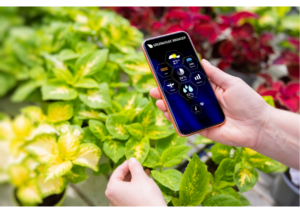
While citizen science has deep historical roots, modern platforms like iNaturalist have revolutionized the accessibility and impact of this approach.
In its essence, citizen science in the garden is an approach that harnesses the passion and knowledge of everyday individuals to observe and record nature to help gardeners make informed gardening decisions that foster ecological harmony.
Gardening is about more than just planting seeds and tending to crops; it’s about cultivating a deeper connection with the natural world. By engaging in citizen science initiatives, gardeners can take this connection to new heights, contributing to scientific research while learning about the intricacies of and building their own biodiverse and resilient garden ecosystem.
One of the most exciting aspects of citizen science in the garden is its potential to shed light on the relationships between plants, insects, and other organisms. Through projects such as monitoring pollinator activity or tracking bird populations, gardeners can gather valuable data that helps scientists better understand local ecosystems and inform conservation efforts.
The strength of collective wisdom is undeniable. Being intricately connected to their local outdoors, gardeners involvement in building this wisdom and contributing to citizen science is significant. A notable citizen science initiative here in Australia is causing a stir within the gardening community. Enthusiasts intrigued by frogs and their potential presence in gardens are eagerly joining the “FrogID Australian Museum,” app. This is an engaging citizen science project dedicated to monitoring frog populations in people’s backyards and local communities. Participants contribute valuable data to aid researchers in better understanding frog habitats, behaviours, and population trends. FrogID also plays a crucial role in tracking the locations of Cane Toads and identifying areas where frogs thrive or face challenges. By correlating frog calls with weather patterns and habitat conditions, researchers gain insights into how different frog species adapt to a changing environment. Hop on board and be a part of this important research effort!
Citizen science apps are a great way to engage younger people in understanding and connecting to the natural world. The upcoming City Nature Challenge on April 26 presents an exciting opportunity for urban gardeners to engage in citizen science. This global event encourages people to explore and document the biodiversity in their cities using the iNaturalist app. By participating, gardeners can contribute valuable data about urban biodiversity whilst discovering the natural wonders hidden in their own neighbourhoods.
These projects not only benefit scientific research but also provide valuable insights for home gardeners. By learning about the flora and fauna in their area, gardeners can make informed decisions about plant selection and garden design, creating habitats that support local biodiversity and promote ecosystem resilience.
Furthermore, citizen science initiatives often provide opportunities for collaboration and community building. By connecting with fellow gardeners and scientists through online platforms or local events, participants can share knowledge, exchange ideas, and inspire one another to take their gardening efforts to new heights.
Citizen science holds tremendous potential to revolutionise the way we approach gardening and biodiversity conservation. By engaging in simple yet impactful activities, gardeners can contribute to scientific research, deepen their connection with nature, and foster a sense of community among fellow enthusiasts (citizen scientists). It’s worth noting that citizen science activities are great for the whole family, offering a fantastic learning opportunity for kids as they explore and discover the wonders of the natural world alongside their parents, so don’t forget to get the little people in your life involved, too!!
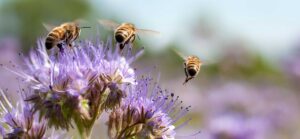
Discover how you can actively contribute to conservation efforts and organise your own bioblitz in our upcoming masterclass, Introduction to Citizen Science and Organising Your Own Bioblitz, hosted by Friends with Honey founder Helen Charles.
Related Articles:
Wildflower gardens – What’s the buzz about?
In the quest for sustainable and environmentally conscious practices, gardening enthusiasts and nature lovers alike are turning to a time-tested…
VIDEO SNIPPET: Where have all the small birds gone?
Why are small birds on the decline? What can you do to attract them? This SGA Video Snippet takes a quick look at what factors contribute to a…

